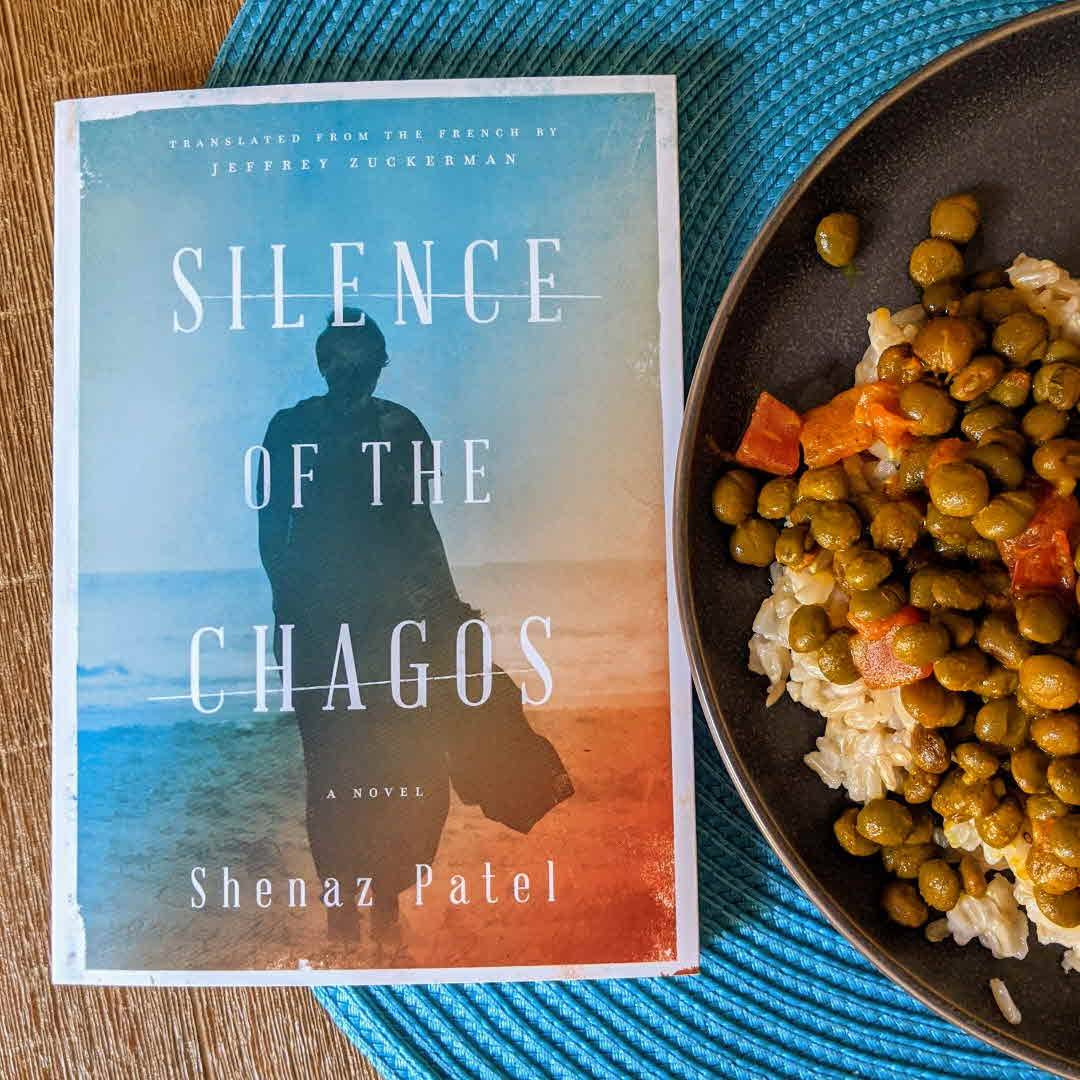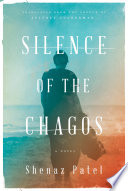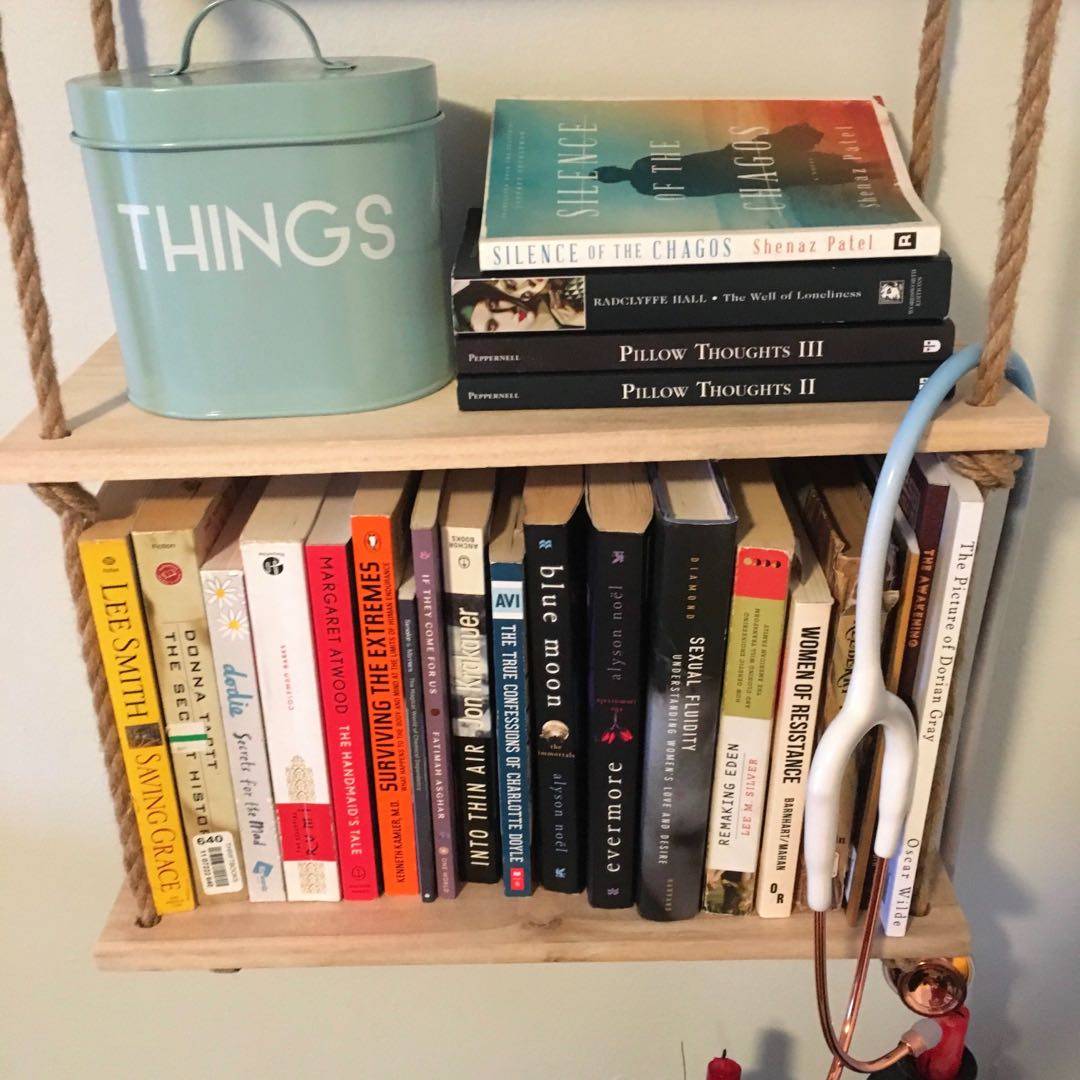Silence of the Chagos | Shenaz Patel
Based on a true, still-unfolding story, Silence of the Chagos is a powerful exploration of cultural identity, the concept of home, and above all the neverending desire for justice. Shenaz Patel draws on the lives of exiled Chagossians in this tragic example of 20th century political oppression. Every afternoon a woman in a red headscarf walks to the end of the quay and looks out over the water, fixing her gaze �back there�: to Diego Garcia, one of the small islands forming the Chagos archipelago in the Indian Ocean. With no explanation, no forewarning, and only an hour to pack their belongings, the Chagossians are deported to Mauritius. Officials tell her that the island is �closed�� there is no going back for any of them. Charlesia longs for life on Diego Garcia, where the days were spent working on a coconut plantation; the nights dancing to sega music. As she struggles to come to terms with her new reality, Charlesia crosses paths with D�sir�, a young man born on the one-way journey to Mauritius. D�sir� has never set foot on Diego Garcia, but as Charlesia unfolds the dramatic story of his people, he learns of the home he never knew and the disrupted future of his people. With the sovereignty of Chagos currently being debated on an international judiciary level, Silence of the Chagos is an important and timely examination of the rights of individuals in the face of governmental corruption. Praise for Silence of the Chagos: �Some twenty years ago, I was struck by a photo showing barefoot women on the road facing the armed police. They were Chagossian women protesting in Mauritius with astonishing determination.� This photo, which she's never forgotten, is the inspiration for the Mauritian novelist and journalist Shenaz Patel's third book. Mingling various voice, Patel describes, in a bitter, clear-cut style, the tragedy of the inhabitants of the Chagos, those coral islands of the Indian Ocean that were turned into an American military base and whose inhabitants had been banished to Mauritius between 1967 and 1972. With a prose that seeps and stings, and a sharp sensibility, Shenaz Patel breathes life into the painful nostalgia, the lingering memories, and the eternal incomprehension of these expelled from a string of lost islands.� �Le Monde �This novel has two voices, those of Charlesia and D�sir�, both of whom are foreigners, natives of the Chagos archipelago, living in exile in Mauritius, an island that is a paradise for some but a hell for them. The Chagos are an archipelago that would have been hidden in the depths of the Indian Ocean, had Americans not built a military base to bombard other countries. Charlesia and D�sir� live and breathe; the Mauritian writer Shenaz Patel introduces us to them and gives them voice again.� �Lib�ration �From scenes of daily life to the horrors of forced exile, through the grief of deculturation and the experience of an impossible identity, Patel interrogates the relationship between political expediency and its all-too-human consequences, between the abstract needs of international security and the concrete needs of the individual, and above all between the rich and the poor.� �L'Express




















5y